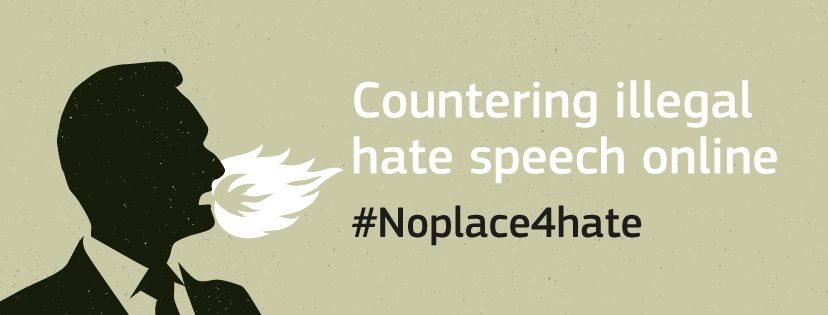Hate speech has no place on the internet

The terrorist attack in Christchurch, New Zealand, sparked a discussion on the role of social media and technology that many claim abetted the atrocity.
After I had had time to get my head around the news, I spent some time in thought and came to the conclusion that technological platforms such as YouTube and Facebook are key elements in the radicalisation of youths. If they do not increase their efforts to control their platforms, I would go as far as to say that they will be complicit in the loss of innocent lives. They have to be proactive in taking down extremist content and removing those who are abusing their platforms. So far, YouTube and Facebook have failed to do this.
Platforms such as YouTube and Facebook were created to ensure that you have access to content and people that interest you. Without a doubt, this is a good thing, if your interests centre around music and films. But as we have seen and heard lately, this also works brilliantly for those who look for extremist content.
What can platforms like YouTube and Facebook do? They deal with such volumes of information that some say it is near impossible to control it. But I do not think so. I think that those who manage YouTube and Facebook can moderate the content that flows through their platforms. They are simply not making the effort.
I am convinced that these networks were built and are being run by very intelligent persons. We are living in the age of huge advances in the digital world and in artificial intelligence. However, none of this technology is being used to control the material that is uploaded on the internet.
Madankollu hawn min jirraġuna li t-tneħħija ta’ kontenut li jinstiga l-mibegħda, jibgħat lil dak li jkun biex ifittex minn sorsi oħrajn. Imma ma naħsibx li żgħażagħ ta’ eta’ tenera qed jirnexxilhom jippenetraw xi websites oskuri. Xorta waħda għadhom qed jidħlu fuq YouTube.
I am also convinced that much of the material can be intercepted, blocked, censored and eradicated. Every post and clip containing extremist content that a youth does not get to see is a small victory for us all. However, there are those who argue that the removal of content that contains hate speech will lead people to look for it through other sources. However, I do not think that youths of a tender age are accessing dark websites. They will still turn to YouTube for information.
In spite of the clear evidence that these enormous platforms are the key platforms being used to supress cultures with the aim of spreading hate, we are not seeing any tangible change. This material needs to be eradicated from YouTube and Facebook before things get more complicated.
